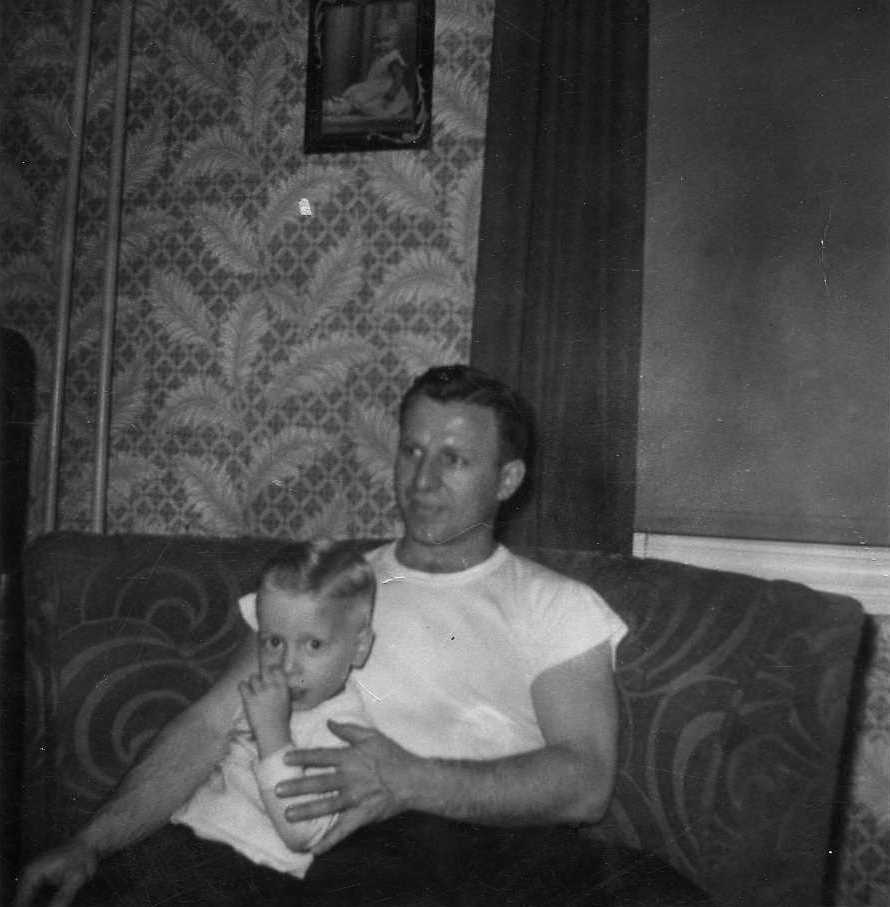A blog for Catholic men that seeks to encourage virtue, the pursuit of holiness and the art of true masculinity.
The Three Munera, Part 2: The Father as Priest

This post is part of a three part series. See part one here.
As we continue our look at the three munera, or duties, of fatherhood revealed to us in the life and ministry of Jesus Christ, we today turn our attention to the munus sanctificandi, or the father’s duty to sanctify his family.
The Priesthood of Jesus
Before we can understand how the father of the family acts as a priest, it is important to first understand the high priesthood of Jesus. Like every priest, Jesus stands in the gap between God and man, offering a sacrifice to atone for the sins of his people. What is unique about the priesthood of Christ, however, is that the sacrifice he offers is nothing other than himself. On the cross and in the Mass, Jesus is both priest and sacrificial victim, both the offerer and the offered. No other priest can say this.
But why does Jesus need to offer himself at all? Because of sin. It takes only a cursory glance at human experience to realize that mankind has a sin problem. We’re born broken and inclined toward evil, and without the grace of God, we can never do anything good. Every human being knows this at some level, and a great deal of human history can be described as an effort to rid ourselves of our sins.
Therefore, because of our sinful state, we need a priest to do what we cannot do—offer a satisfactory offering to atone for our sins. That is exactly what Jesus did for us on the cross and continues to do at every Mass. Through the sacrificial offering of himself, Christ makes possible our sanctification, forgiveness, and ultimately, salvation.
The Father as Priest
By now you may be thinking, “That is nice theology, but what exactly does it have to do with fatherhood?”
That’s a good question. The answer is that we, as fathers, are called to imitate Jesus Christ by offering prayers and sacrifices on behalf of our families. We are called to seek their sanctification and salvation through our loving, self-giving service—just as Jesus saves and sanctifies us through his sacrificial offering.
Practically speaking, this sacrificial service of fatherhood takes three forms: Prayer, sacrifice, and witness.
1. Prayer – First, we must pray for our families, asking God to make them holy and pleasing to him. How many vocations have been born, how many saints have been made through the prayers of holy and loving fathers? God only knows, but it is a fact that St. John Paul II’s vocation was due in large part to his waking in the middle of the night and seeing his father deep in prayer.
2. Sacrifice – Second, we should offer sacrifices for the sanctification and salvation of our families. As I have written previously, sacrifice gives energy, weight, and power to our prayers. Skipping a meal or denying yourself dessert isn’t really that difficult, but it can bear lasting fruit in the spiritual lives of your wife and children.
3. Witness – Finally, how you live your Catholic faith will make a lasting impression on your children. If you’re lazy about your spiritual life, if you think football is more important than going to mass, or if you treat others poorly, it will teach your children that God really isn’t that important. Of course, living a faithful Catholic life isn’t easy, and it requires much of us. That’s why the primary sacrifice you must make as a father is taking your spiritual life seriously, following Christ with all your heart.
Conclusion
Through the sacrifice of himself, Jesus gives us life. As fathers, we too can give life and spiritual health to our families, albeit in an indirect way, through our prayers and sacrifices on their behalf. Most of all, we can offer them the sacrificial example of a life well lived.
Don’t Miss a Thing
Subscribe to get email notifications of new posts and special offers PLUS a St. Joseph digital poster.
Related
COMMENTS
Reader Interactions
Trackbacks
-
-
[…] respective homily; and past articles from The Catholic Gentleman on how fathers can be a prophet, priest, and a king; I decided to write the following blog […]
-
[…] This post is part of a three part series. See parts one and two. […]